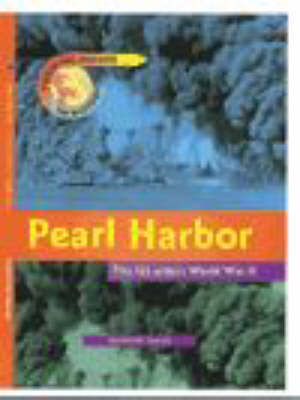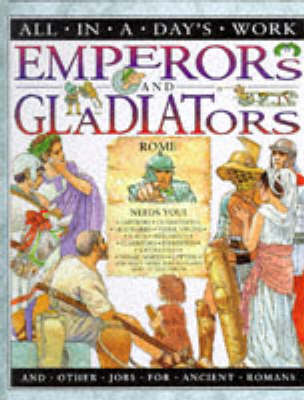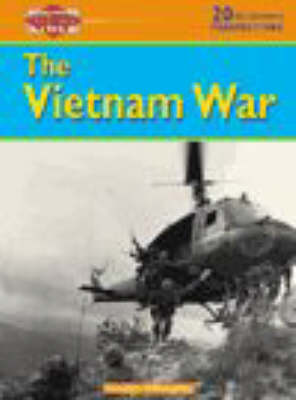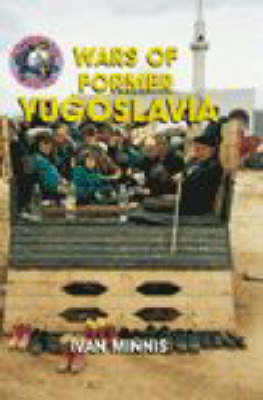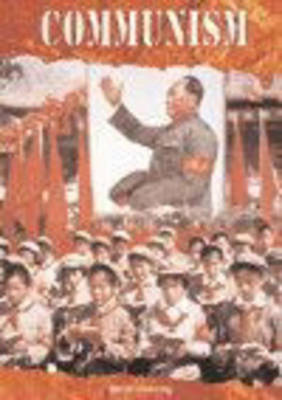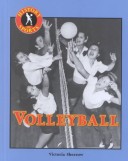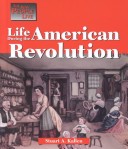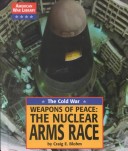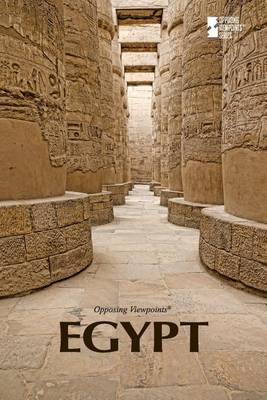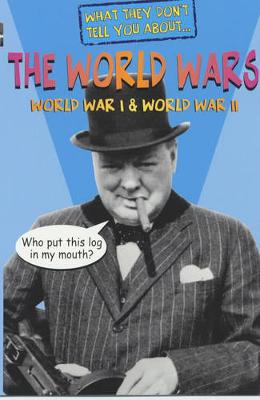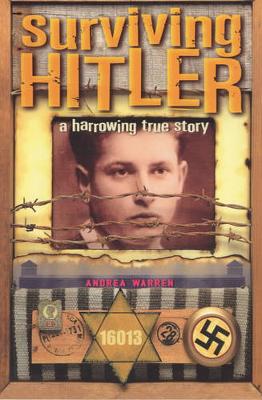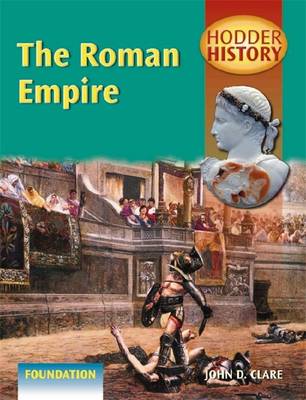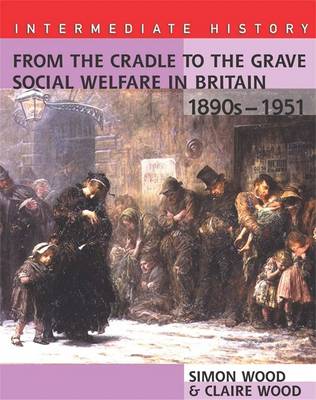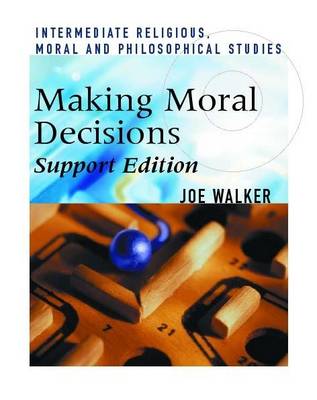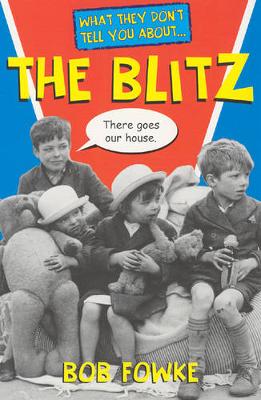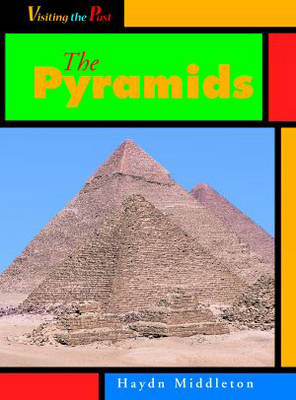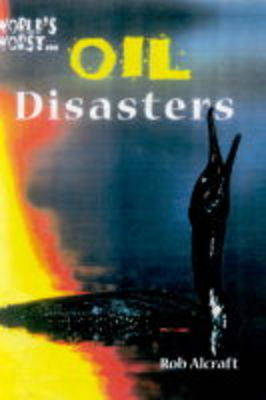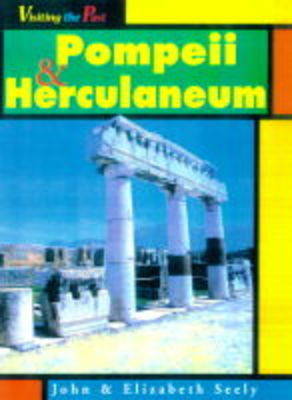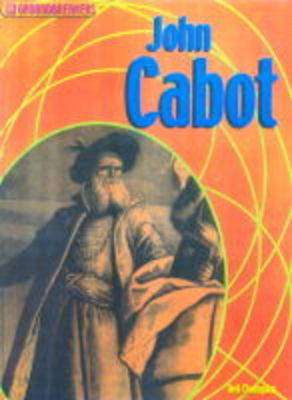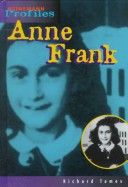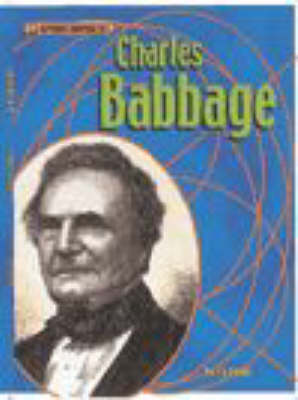Turning Points in History: Pearl Harbour paper (Turning Points in History)
by Richard Tames
A discussion of the events at Pearl Harbor. It is part of a series which examines major historical watersheds. It recounts the chain of events leading up to the event, and the repercussions, both immediate and long-term. It also evaluates the concept of a turning-point, assessing in which way this event really was one. Interpretations run throughout the books, showing how history is informed by a complicated web of divergent views. The books are designed to be thought-provoking, but their approa...
All in a Day's Work: Emperors and Gladiators and Other Jobs for Ancient Romans (Cased)
History Eyewitness: Christabelenberg Bielenberg and Nazi Germany (Paperback)
War in Former Yugoslavia Paperback (Troubled World)
This new series provides a thorough account of 20th Century conflicts, whilst supplying more than just a straightforward narrative. Each book tackles a different conflict and examines the effect on ordinary people, provides biographies of the leading figures involved and examines media coverage. Includes: - photos and maps - timeline - glossary and index - other resources such as web sites, contact details of organisations, list of further reading.
History is studded with moments of high drama and periods of deep conflict street battles, mass demonstrations, executions, riots, civil wars as people have fought for the form of government they wanted. Part of a series that introduces the key characteristics of political and economic systems, this book tells the story of communism and how it developed as a set of ideas, from its origins to the present.
Life during the American Revolution (The way people live)
by Stuart A Kallen
Discusses the development of nuclear weapons, the race for nuclear supremacy, deployment of these weapons during the Cold War, and disarmament.
Industrial Britain Teacher's Resource Book with Photocopy Masters (Cambridge History Programme Key Stage 3)
by Christine Counsell and Chris Steer
Industrial Britain Teacher's Resource Book accompanies the Industrial Britain core text for Y9 at key stage 3 of the national curriculum. It forms a component of the Cambridge History Programme, an investigative course which provides a coherent and progressive programme of History for the National Curriculum; is directly accessible to all pupils and offers teacher's practical guidance on assessment. Industrial Britain Teacher's Resource Book provides: * rationale, teaching objectives and pract...
Egypt (Opposing Viewpoints (Paperback)) (Opposing Viewpoints (Hardcover))
A bind-up of the existing titles "World War I" and "World War II", this book provides a compact piece of reference, a book suitable for both home and school. It describes the causes of each war, how the battles were fought (including the Battle of the Somme of World War I and the Blitz of World War II) and explains civilian life as well as the life of the soldiers. The topic is lightened in the traditional Bob Fowke style, with cartoons and quizzes.
In 1942 fifteen-year-old Jack Mandelbaum was torn from his family in Poland and sent to a Nazi concentration camp. This is Jack's own true story of how he fought against starvation, disease and the insane brutality of the Holocaust. Jack is sent to a series of different camps, each one as horrific as the other. He soon befriends Moniek, another prisoner, and together they learn to fight through adversity and are finally able to walk free on the day of liberation. This is a personal and touching...
"The Roman Empire" is a resource for Key Stage 3 teaching and learning about the issues and events that characterize the history of the Roman peoples and their world. It never lets go of the period's story providing innovative and exciting opportunities to examine the big picture and investigate particular topics. Did you know that archaeologists have found ancient huts on the Palatine Hill in Rome, right where legends claim Romulus founded the city; that the government paid for free corn to be...
From the Cradle to the Grave (Hodder Intermediate History)
by Simon Wood and Claire Wood
"From the Cradle to the Grave" is the second most popular module in the new Intermediate History courses run in Scotland under the Higher Still programme. There are currently no books written for this topic, so this text will fill the gap. The book deals with social history during the period 1890 to 1951, focusing in particular on the changing role of government in tackling the problem of poverty, and dealing with a new relationship between the people of Britain and their government.
Written to match the unit within the Scottish National Qualifications for Religious Studies at Access and Intermediate 1 level, this is a stand alone text, although it follows the same format as the mainstream text "Making Moral Decisions" for Intermadiate 1 and 2. The mainstream text has been simplified and some content replaced with word lists to support students' learning. This book includes thought-provoking case studies and examples designed to engage all students in the issues involved. Wh...
What They Don't Tell You About the Blitz (What They Don't Tell You)
by Robert Fowke
'The Blitz brought out the best in people. Neighbours who hadn't spoken to each other for years passed cups of tea over the garden fence...' Opening with crucial details on how events in Germany led to World War II, the book then launches into a fascinating look at what life was like during the Blitz. Topics include evacuation, gas masks, bomb shelters, food rationing, the home guard and GIs. The book gives an excellent all-round view of the war, with information on how the British forces fought...
Visiting the Past The Pyramids paperback (Visiting the Past)
This visually stunning series focuses on world heritage sites, representative of different eras, peoples, places and historical events. The reader is given a narrative tour of each site to discover what can be learned from the surviving evidence - why and how the place was built, the daily lives of the people who lived there and the surviving evidence that can help us to reconstruct the place when it was in use. The series is: - extensive, specially commissioned photography - a complete ground p...
Turning Points in History: 1066 - A Decisive Battle (Cased) (Turning Points in History)
by Richard Tames
Designed to tie in with the National Curriculum, this study of the Battle of Hastings is one of a series examining major historical watersheds. The book recounts the chain of events leading up to the battle, and the repurcussions, both immediate and long-term. It also discusses the concept of an historical turning point, assessing in what way this really was one. Interpretations throughout aim to show how history is informed by a complicated web of divergent views.
A biography of John Cabot. As well as providing a full life story and analysis of his work, it places his achievements in context by looking at the technological and historical context of the time. The book includes quotes and writings from newspapers and journals of the time; a look at the ongoing impact of his work; and information about his rivals and the men and women who affected his life and work.
Groundbreakers Charles Babbage (Groundbreakers)
by Neil Champion
A biography of Charles Babbage. As well as providing his life story and analysis of his work, the text places his achievements in context by looking at the technological and historical context of the time. The book includes quotes and writings from newspapers and journals of the time; a look at the ongoing impact of his work; and information about his rivals and the men and women who affected his life and work.
